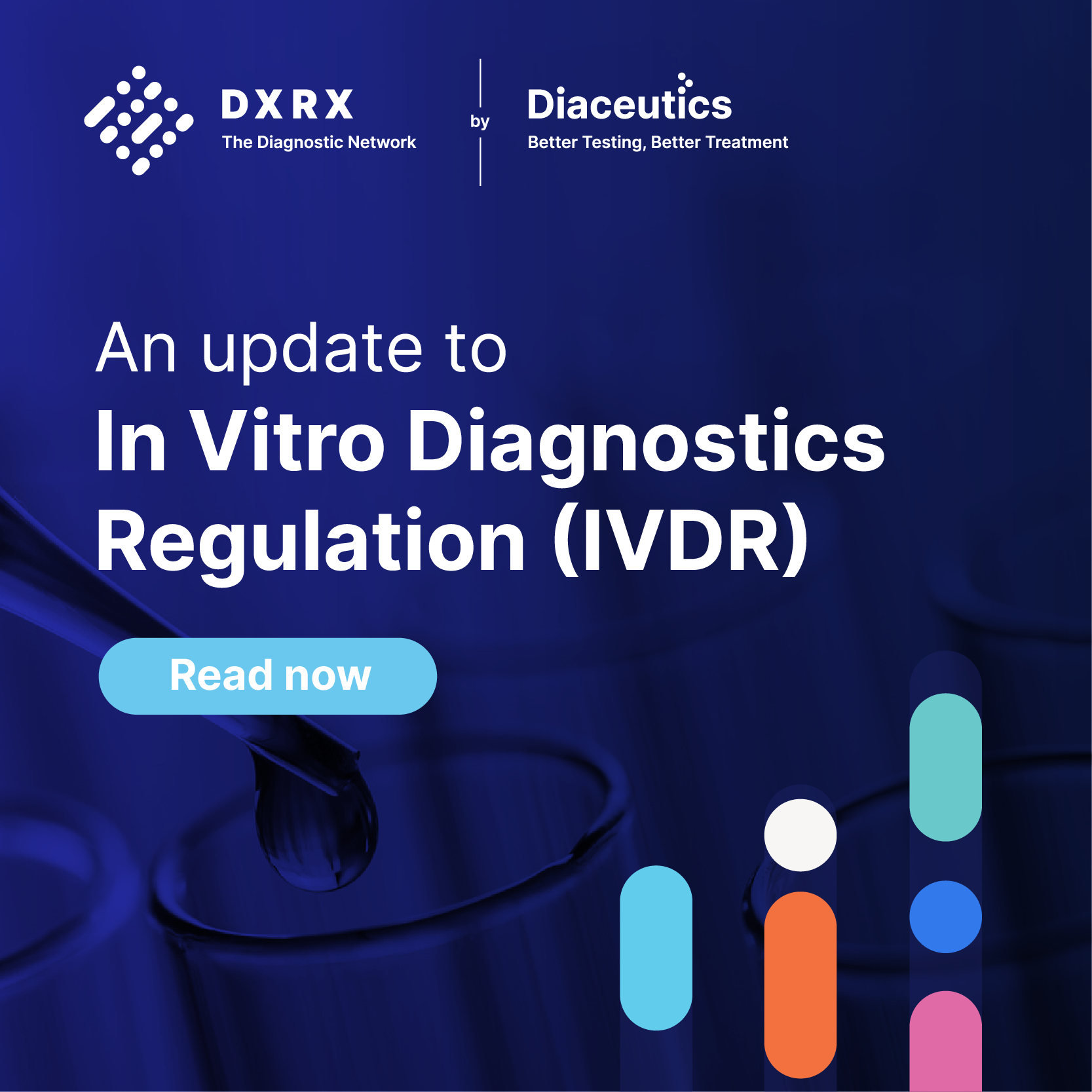ISS Named As Italy’s First Notified Body Under the EU's IVD Regulation: What This Means for the Diagnostics Landscape
The recent announcement that Italy’s Istituto Superiore di Sanità (ISS) has been designated as the country’s first Notified Body under the EU’s In Vitro Diagnostic Regulation (IVDR) marks an important milestone for both Italy and the broader European diagnostics sector. After a year-long hiatus, the designation of ISS as the 13th organization in the EU to assess products under IVDR is a much-needed boost for an industry under increasing regulatory pressure.
What this means for the IVD market
The IVD market has seen exponential growth over recent years, especially as diagnostic testing becomes ever more central to personalized medicine. The IVDR, introduced to replace the outdated In Vitro Diagnostic Directive (IVDD), has placed significant new regulatory demands on both companies and laboratories. The need for Notified Bodies that can provide certification for these diagnostics has never been more urgent. However, the process of certifying Notified Bodies has been slow to date.
The ISS designation is not only significant because it is Italy's first entry into the IVDR arena but also because the organization is no stranger to the medtech world. Already listed under the Medical Devices Regulation (MDR), ISS brings years of regulatory experience and technical expertise, particularly in areas crucial for modern diagnostics such as cancer markers, genetic testing, and companion diagnostics. This broader technical competence will be vital in assessing the next generation of tests and devices that are designed for everything from infection markers to self-testing applications.
Addressing the urgent need for Notified Bodies
With the inclusion of ISS, there are now 13 Notified Bodies designated under the IVDR, spread across Germany (4), Finland (2), the Netherlands (2), and one each in Italy, Ireland, France, Slovakia, and Austria. Despite this, the number of Notified Bodies remains insufficient to meet the growing demand for regulatory approvals, particularly given the increasing complexity of diagnostics and the rise in tests requiring formal certification. As we noted in previous discussions on the IVDR, this bottleneck in certification has become a significant challenge for the diagnostics sector, with many companies scrambling to meet the more stringent requirements on time.
The critical need for more Notified Bodies has been a recurring theme in the industry. In our previous analyses, we discussed how the IVDR has set the bar higher for clinical evidence and risk management, increasing the burden on manufacturers and the Notified Bodies themselves. The ISS designation is a step forward, but the diagnostics sector continues to face challenges in ensuring that there are enough Notified Bodies to meet market needs.
Implications for companion diagnostics and personalized medicine
For companies involved in the development of companion diagnostics, this announcement is particularly promising. As highlighted in one of our earlier posts on the growing role of companion diagnostics under IVDR, these tests are now essential for matching patients with the right therapies in personalized medicine. The ISS’s expertise in genetic testing and cancer markers aligns perfectly, enabling more rapid and efficient approval of these critical tests.
Additionally, the ISS’s broad scope of designation, covering everything from infection markers to near-patient testing, will support innovation across a wide range of diagnostic applications. This is good news for companies working on novel diagnostics aimed at improving patient outcomes in real-time clinical settings.
Looking ahead: A growing network of regulatory support
As we look to the future of the IVD industry, the addition of more notified bodies like ISS is essential. However, while the pace has been slow, the growing network of Notified Bodies suggests that the EU is making progress in addressing the multiple challenges posed by IVDR. Companies should continue to stay informed and engage with these regulatory changes to ensure that they are ready to meet the requirements of this new era in diagnostics.
The ISS’s designation is another reminder of how critical robust regulatory frameworks are for fostering innovation in diagnostics. While other challenges such the implementation of EUDAMED remain, the hope is that, as more Notified Bodies are designated across Europe, the approval processes will become more streamlined, reducing the bottlenecks that have slowed market access for much-needed diagnostics.
For more insights on the implications of IVDR and the evolving regulatory landscape, you can explore our previous articles on the subject linked below, where we delve deeper into the impact on diagnostics development, certification challenges, and the crucial role of companion
